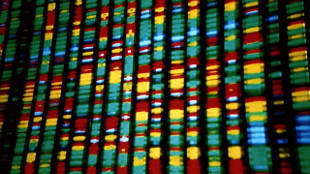 FLICKR, ANDY LEPPARDA set of 11 genes may be key to distinguishing patients with sepsis, systemic inflammation caused by infection, from patients suffering from inflammation caused by noninfectious sources, according to a study published this week (May 13) in Science Translational Medicine.
FLICKR, ANDY LEPPARDA set of 11 genes may be key to distinguishing patients with sepsis, systemic inflammation caused by infection, from patients suffering from inflammation caused by noninfectious sources, according to a study published this week (May 13) in Science Translational Medicine.
“We’ve certainly shown that there is information in the gene expression space that can aid in diagnostics that’s not being used now,” coauthor Tim Sweeney of Stanford University told GenomeWeb. “What we’re looking forward to is showing that, in combination with current diagnostics, this will improve our ability to diagnose sepsis.”
Some 750,000 people in the U.S. die from sepsis annually, sometimes because it goes undiagnosed until it is too late. For every hour that antibiotic treatment is delayed, Sweeney noted, mortality risk increases by up to 8 percent. Currently, the only way to definitely identify an infectious cause of inflammation is a microbiological culture, a procedure that can take days. “You really need [a diagnostic] to be in that under-an-hour space in order to ...
















